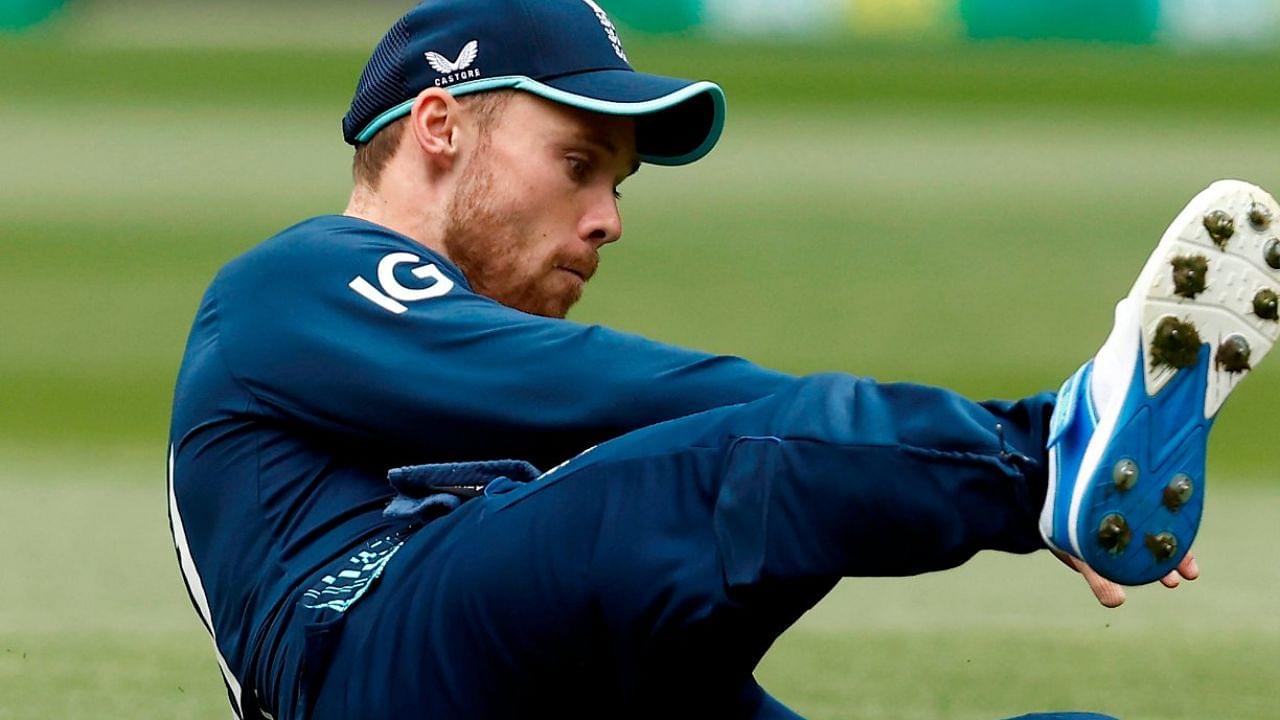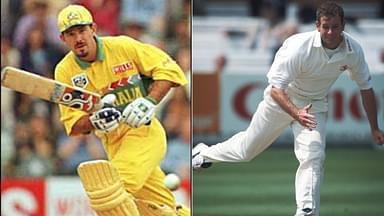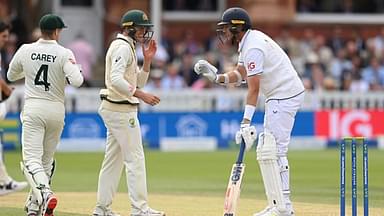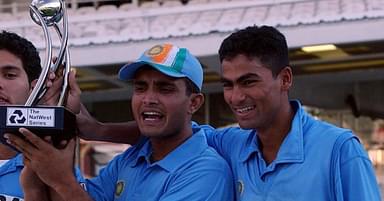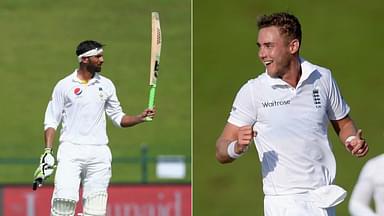England white-ball vice-captain Moeen Ali has replaced batter Phil Salt as a concussion substitute during the ongoing third ODI against Australia in Melbourne. Ali, who had led England in the second ODI in Sydney on Saturday, was rested for this dead-rubber match with regular white-ball captain Jos Buttler returning to the Playing XI.
Advertisement
With Australia opening batters Travis Head and David Warner having already scored individual half-centuries in an opening stand which has already crossed the 150-run mark after being asked to bat first by Buttler, the visitors would ideally want to use Ali’s off-spin in assistance to all-rounder Liam Dawson (only specialist spin-bowling option for England today).
Having said that, the same won’t be allowed as concussion substitutes can only play like-for-like roles. Ali, as a result, will only be allowed to field and bat irrespective of his more than just handy ability to contribute with the ball.
What happened to Phil Salt in AUS vs ENG 3rd ODI at the Melbourne Cricket Ground?
It was on the penultimate delivery of the ninth over when Salt injured himself in an attempt to save a boundary. With Warner nailing a drive off England pacer Olly Stone, Salt chased the ball from his cover point position only to harm himself.
Salt, who dived to stop the ball from touching the boundary ropes, was unsuccessful in his effort. Instead, the 26-year old landed awkwardly on his head and shoulder to receive immediate medical attention.
It was immediately after a brief rain break that England announced receiving permission of replacing Salt with Ali for the remainder of the match.
Concussion symptoms in cricket
Depending on the severity of the blow, concussion symptoms can vary from improper vision, hampered concentrating and thinking abilities, memory loss, headaches, being unconscious among others. In simple words, any issue related to the head (primarily affected part) can be categorized as symptoms of concussions.
The first point of assessing the extent of concussion is by asking the individual about the place, current situation of the match or other basic details with respect to the match. It is as a response to these common questions that the team doctor decides the future course of action which could further vary from a brief break to conducting proper scans etc.

